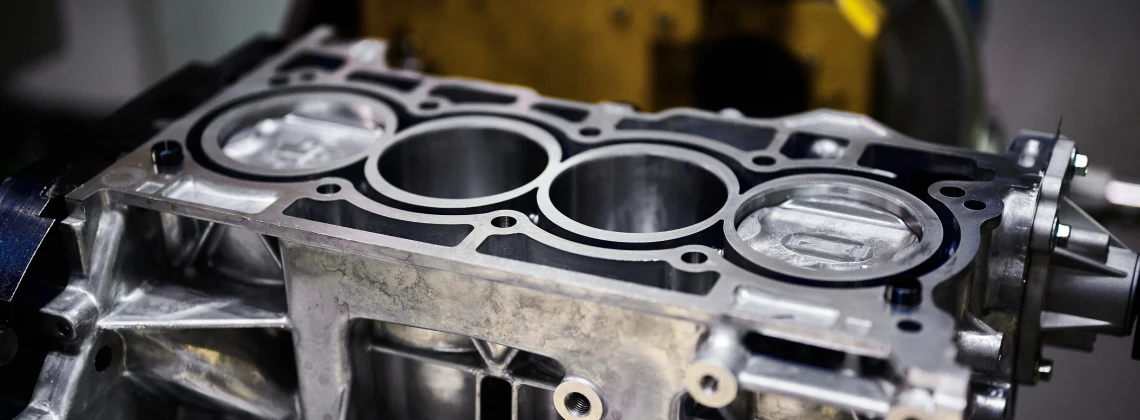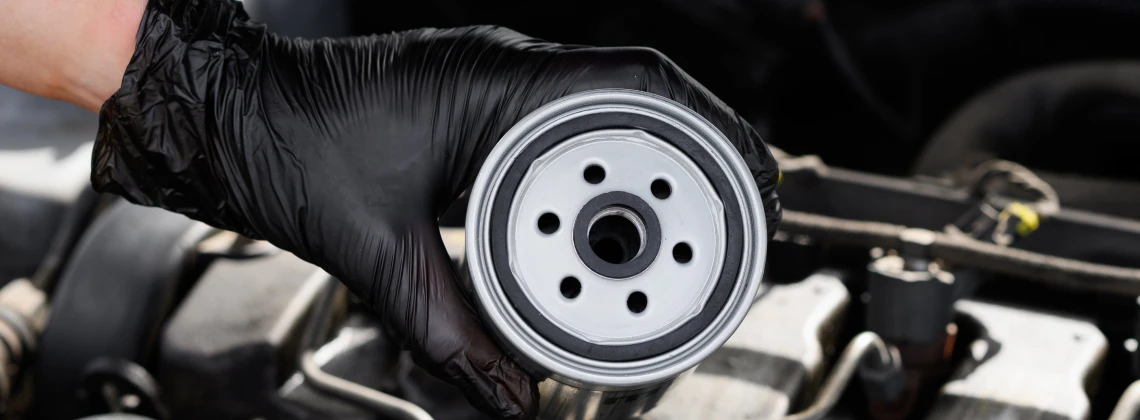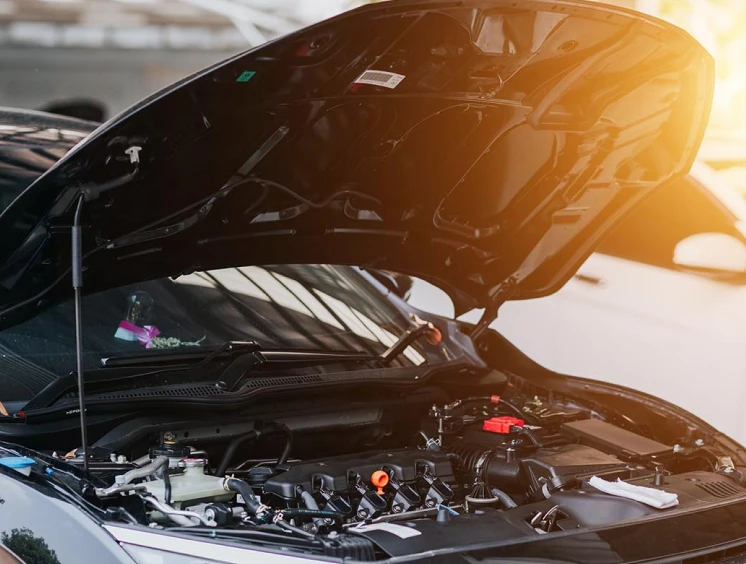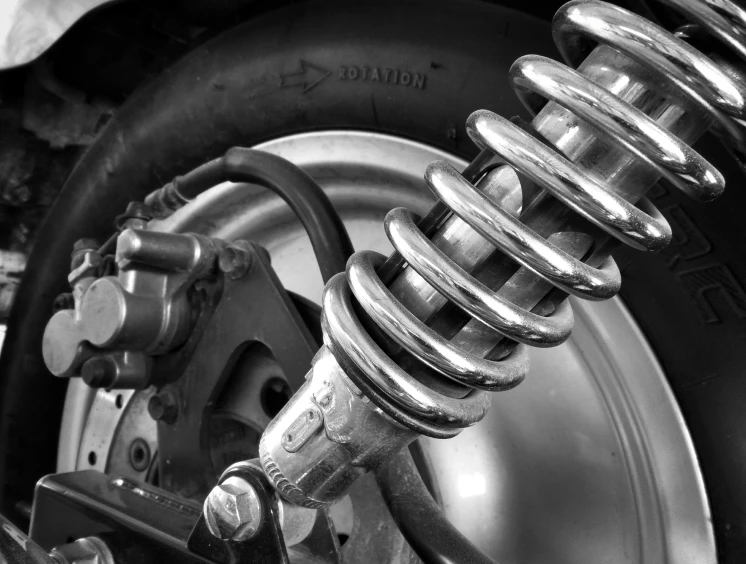In both petrol and diesel cars, the engine power system is responsible for the formation of the fuel mixture, its flow into the cylinders. The power and performance of the engine depends on the quality of all components.
How the Engine Power System Works
Causes of malfunction of the car’s power system are wear, damage, failure of its components. The design includes a fuel tank (fuel storage container), a mechanical or electric pump, a filter for removing impurities, a carburetor that prepares the fuel mixture. Supply of fuel is provided by fuel injectors, air flow is regulated by a throttle valve and fuel pressure is regulated by a special regulator. The injectors and the inlet manifold are parts of the system, and its functions are:
- Dosage of fuel mixture components;
- Purification of air and fuel;
- Mixing of the fuel mixture in a given proportion;
- Feeding the mixture into the cylinders.

Types of Engine Power System Faults
The diagnostics helps to identify possible malfunctions of the engine power system. It is necessary to inspect the fuel pump, because problems may be due to depressurization of its internal fuel lines. Nowadays, most cars are equipped with pumps that are electric-driven, so the cause of faulty operation may lie in the burnout of the winding. If contaminants enter the system, the following may become clogged:
- Fuel supply nozzles;
- Pipelines;
- Restricting orifices in carburetor motors;
- Filtering elements.
In cases where the foreign matter contains resins, deposits appear on the components, preventing their normal operation. This happens due to the low quality of the used fuel. Among the main faults of the engine power systems are airlocking, increased lubricant density and freezing of water in the pipelines. After the car has been parked in the sun for a long time, a gas cap may occur due to active fuel evaporation. Failure of the high-pressure pump is a common cause of diesel engine power system malfunctions.

Main Causes of Malfunction of the Engine Power System
The quality of engine performance is largely determined by the mixture of fuel and the proportions of air and fuel. A mixture in which the fuel concentration is exceeded does not burn completely in the cylinders due to insufficient air. The combustion occurs in the muffler. Power failures can be caused by:
- Insufficient opening of the air damper;
- Clogging of electric pumps and fuel pipes;
- Insufficient injector density;
- Failure of sensors and nozzles.
There can also be the opposite situation, when there is too much air in the mixture. This happens when filters and fuel lines are clogged, making it difficult to supply fuel. This can be caused by damage to the valve in the fuel cap, malfunctions in the pump valves, and as a result, the engine overheats due to slow combustion of fuel. This malfunction of the gasoline engine power system is related to the inflow of air in the places where the carburetor is attached, connecting the pipelines to the cylinder heads.

Signs of Malfunction of the Diesel and Gasoline Engine Power System
There are a number of signs of malfunction in the power system of diesel engine and gasoline engine. One of these is that the machine is having some trouble starting. In this case, it is worth checking the discharge sections of the pump, valves and plungers for wear. The engine may not start due to reduced injection pressure of the nozzles due to loss of elasticity of the rod springs. Some other signs of malfunction of the car’s engine power system are:
- Reduction of motor power and its performance;
- Unstable engine idle operation;
- Increased fuel consumption;
- Crackling or other atypical sounds when the engine is running under load.
Malfunctions of the diesel engine and gasoline engine power system should be fixed as soon as they are detected.




















